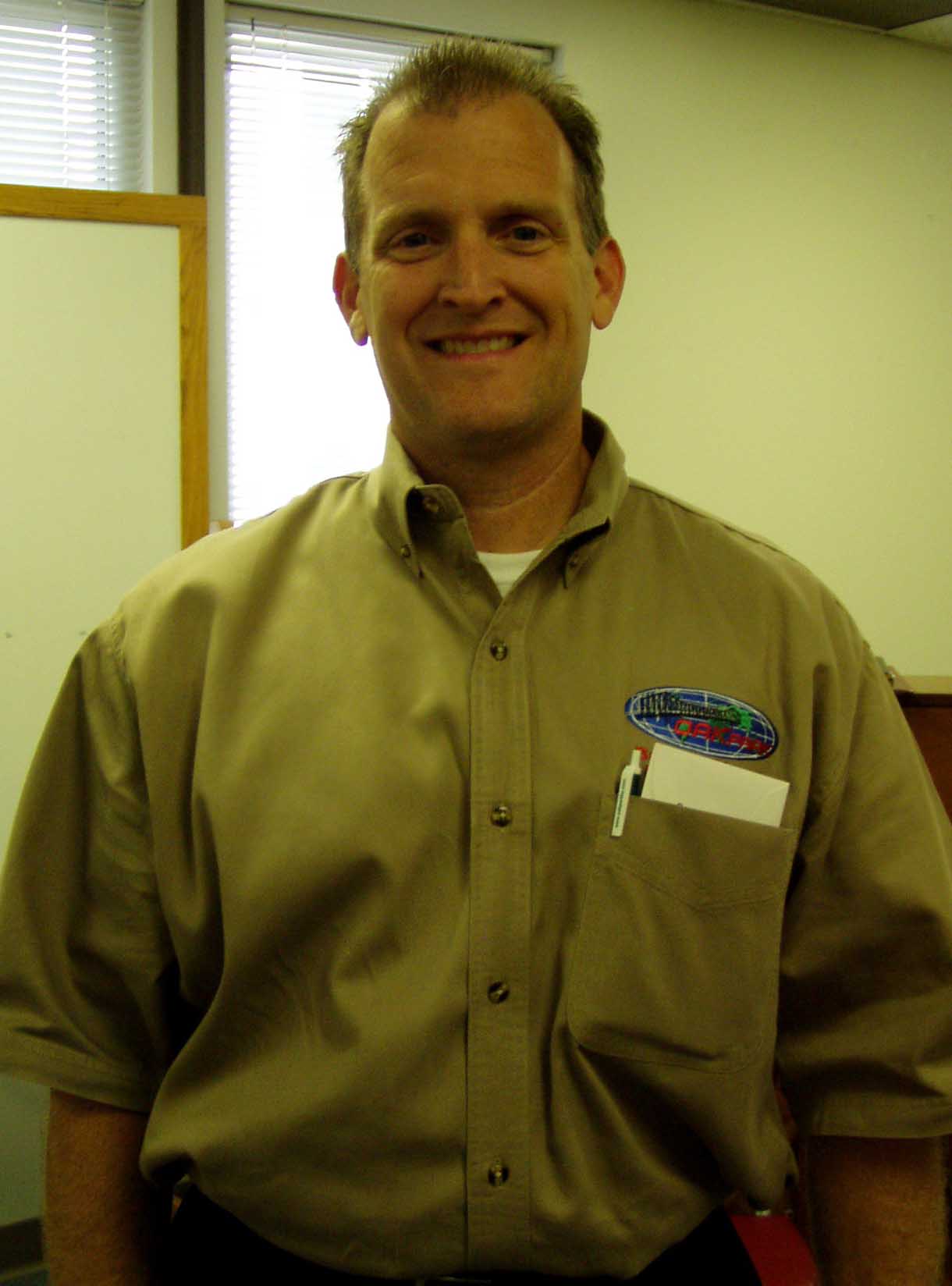
HAMPSTEAD, N.C. (BP)–I was born out of season. Although I am barely over 40, my parents apparently used Ward and June Cleaver as their prototype. Dad worked hard outside the home to provide for me and my three siblings. My mom stayed home and worked just as hard to manage the needs of a large and busy household. The possibility of “entering the workforce” just wasn’t on her radar screen.
I think that even as a child, I might have realized that the phrase “entering the workforce” missed the mark. If being a mother and homemaker doesn’t qualify as working, I don’t know what does. But now, history is repeating itself. I am the dad who goes out to work to support his wife and four kids. My wife, Debbie, stays home, manages the household and focuses her energies on rearing the children. In our context, rearing the children also includes homeschooling all four children.
The bottom line is that I have a lot of experience with stay-at-home moms. I have now seen homemaking long enough and up close enough to say with authority, “These women are already in the workforce!” In fact, if you are a stay-at-home mom and it doesn’t feel like you’ve been at work at the end of the day, you aren’t doing it right.
But I’m afraid my ideas about such things are as current as “Leave it to Beaver.” For one, feminist author Linda Hirshman disagrees. She has written a book entitled “Get to Work: A Manifesto for Women of the World.” Promoting that book once on ABC’s “Good Morning America,” Hirshman characterized the life of a stay-at-home mom as “unfulfilling.” She even went as far as labeling stay-at-home moms a “threat to civilization.”
This fits with a definite pattern in the feminist movement. For example, in the June 2005 edition of More magazine, economist Sylvia Ann Hewlett ran an article entitled “The New Have-It-All-Myth.” Like Hirshman, Hewlett argues it is imperative “to keep talented women of all ages on the career highway.” She advises women on how to manage child-rearing and keep their careers on the fast track at the same time.
For example, based on interviews with college-aged women, Hewlett reports that their perfect future would include “a loving, lasting marriage and a high-paying job, with a two-year career break for the first child, a three-year break for the second.” After that, they hope to finish out the childrearing experience with “a reduced-hour schedule — with a telecommuting arrangement on Fridays — while the kids were in grade school.” To which I want to reply, “Pardon me, ma’am, but I’ve seen this childrearing thing up close and personal. Two or three years isn’t going to get it done.”
Implicit in the vision these aspiring executive/moms hold is the idea that children don’t require as much care once they hit grade school and practically none once they enter the teenage years. All I can say is that this “dream scenario” that Hewlett reports on is not at all likely to bring a fulfilling future for these women or their children. The vision is fatally flawed and will end in disaster.
Rearing children and managing a household are first-order jobs. They require the best efforts parents can put forth. Yet Hewlett is alarmed that women who have children sometimes delay their re-entry into the “workforce” for two or more years. She was so concerned with this finding that in 2004 she formed the Hidden Brain Drain Task Force to “try to find solutions everyone could live with.” Everyone, that is, except the children.
So, according to the feminists, mothering is a brain-drain on the economy and a threat to civilization. They could not be more wrong. Stay-at-home moms are the hope of civilization and represent the finest and most noble use of human intellect known to humanity. My wife is a summa cum laude college graduate. And she uses her brain fully every day. Her contributions to society are every bit as vital as that of the most strategically positioned female executive. Her brain is not wasted by staying home. Instead, she has chosen to invest her life in our children and in their future.
The truth is that when we married more than 17 years ago, we did not envision her staying at home. But the further we progressed in rearing our family, the more we realized what my mom already knew: Parenting and homemaking are not short-term propositions. They require the very best that parents have to offer of both time and energy, and they require it over very long periods of time — like a lifetime.
Churches and Christian parents need to realize the pressures that the world brings to bear on all of us. Romans 12:2 in the Phillips translation has it right: “[D]on’t let the world around you squeeze you into its own mould, but let God re-mould your minds from within.” We need to communicate to Christian women that devoting themselves to domestic life is not wasting their lives. Instead, it is a high calling that our society ought to be exalting, not demeaning.
Oh, and by the way: thanks, Mom.
–30–
Paul Brewster is a pastor at Barlow-Vista Baptist Church in Hampstead, N.C., and is a Ph.D. student at Southeastern Baptist Theological Seminary in Wake Forest, N.C.
















